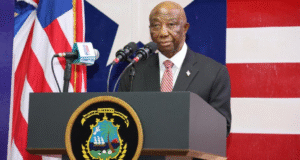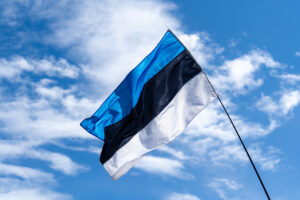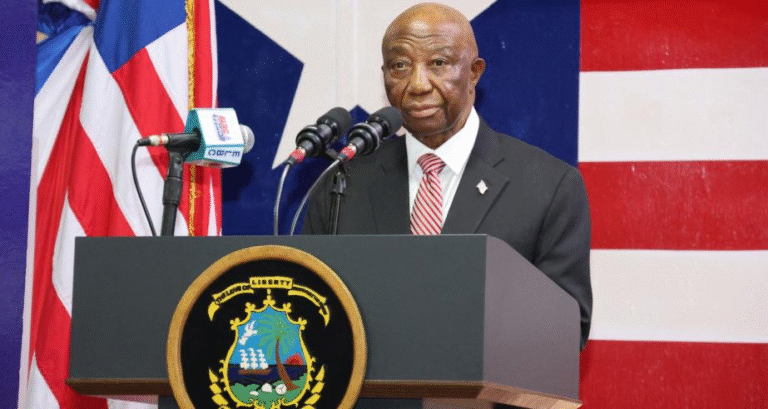By Staff Reporter
In Kenyan politics, few names command as much passion, loyalty, and symbolism as Raila Amollo Odinga. For decades, he has stood as the face of opposition, defiance, and reform—a man many called Baba, the father of democracy, who bore the weight of a people’s hopes for justice, equality, and true liberation.
So when news broke that Raila Odinga was aligning himself with President William Ruto’s administration in pursuit of the African Union Commission chairmanship, it sparked shockwaves across Kenya and beyond. Had Baba crossed the line? Had the people’s champion made peace with a government many accuse of presiding over police brutality, rising living costs, and economic pain? Was this strategy or surrender?
To understand the depth of the discomfort, one must remember the pain. Under President Ruto’s government, several Kenyans have lost their lives during demonstrations—many of them young, jobless, angry, and simply crying out for their voices to be heard. Police brutality has become a recurring headline. For a nation whose wounds from post-election violence have not fully healed, the images of tear gas, gunshots, and blood on the streets are haunting.
And yet, the same Raila who once led these protests, who stood in the trenches with the very people being beaten and jailed, now finds himself shaking hands with the establishment. For his supporters, this feels like betrayal—a spiritual U-turn. A deal too costly.
Politics, especially at the highest level, is rarely black and white. Ruto, to his credit, has shown himself to be a skilled political tactician. His “hustler” narrative brought him to power against all odds, and his administration has pursued reforms in tax collection, digitization, and infrastructure. He has taken bold steps on the continental stage—engaging the IMF, lobbying for debt relief, and positioning Kenya as a key player in African diplomacy.
Facilitating Raila Odinga’s AU bid could be seen as a gesture of maturity. After all, it’s not every day a sitting president supports a rival. This could be read as statesmanship—a recognition that Kenya’s future must rise above bitter rivalries. Ruto’s support might also be part of a wider plan to stabilize the country politically and usher in a new era of inclusivity.
And Raila? Perhaps he sees this as a way to elevate Kenya’s voice on the African stage while stepping out of the local mudslinging. Maybe he believes that the struggle must evolve, and that leadership does not always mean street protests—it can also mean boardrooms and diplomacy.
Still, the question remains: At what cost?
For many, Raila’s legacy was built not just on winning elections, but on standing with the people when no one else would. If aligning with Ruto appears to validate a regime accused of harming the very citizens Raila once protected, then history may judge him harshly.
Raila must now balance two heavy responsibilities: his personal ambition for continental leadership, and his moral obligation to the people who stood with him through prison, exile, and betrayal.
As for Ruto, if he truly believes in national healing, he must go beyond political alliances. He must ensure that police brutality ends, that the cost of living becomes manageable, and that Kenya becomes a country where dissent is not punished with bullets. Only then will this alliance be seen as a step forward—not a painful compromise.
Has Raila sold out? Or is he playing a long game few can understand?
The jury is still out. But one thing is certain: both men now share responsibility for the soul of the nation. And if either of them forgets the pain of the ordinary Kenyan, history will not forgive them.
Because in politics, it’s not the handshake that matters most—it’s the people left standing after it’s done.






